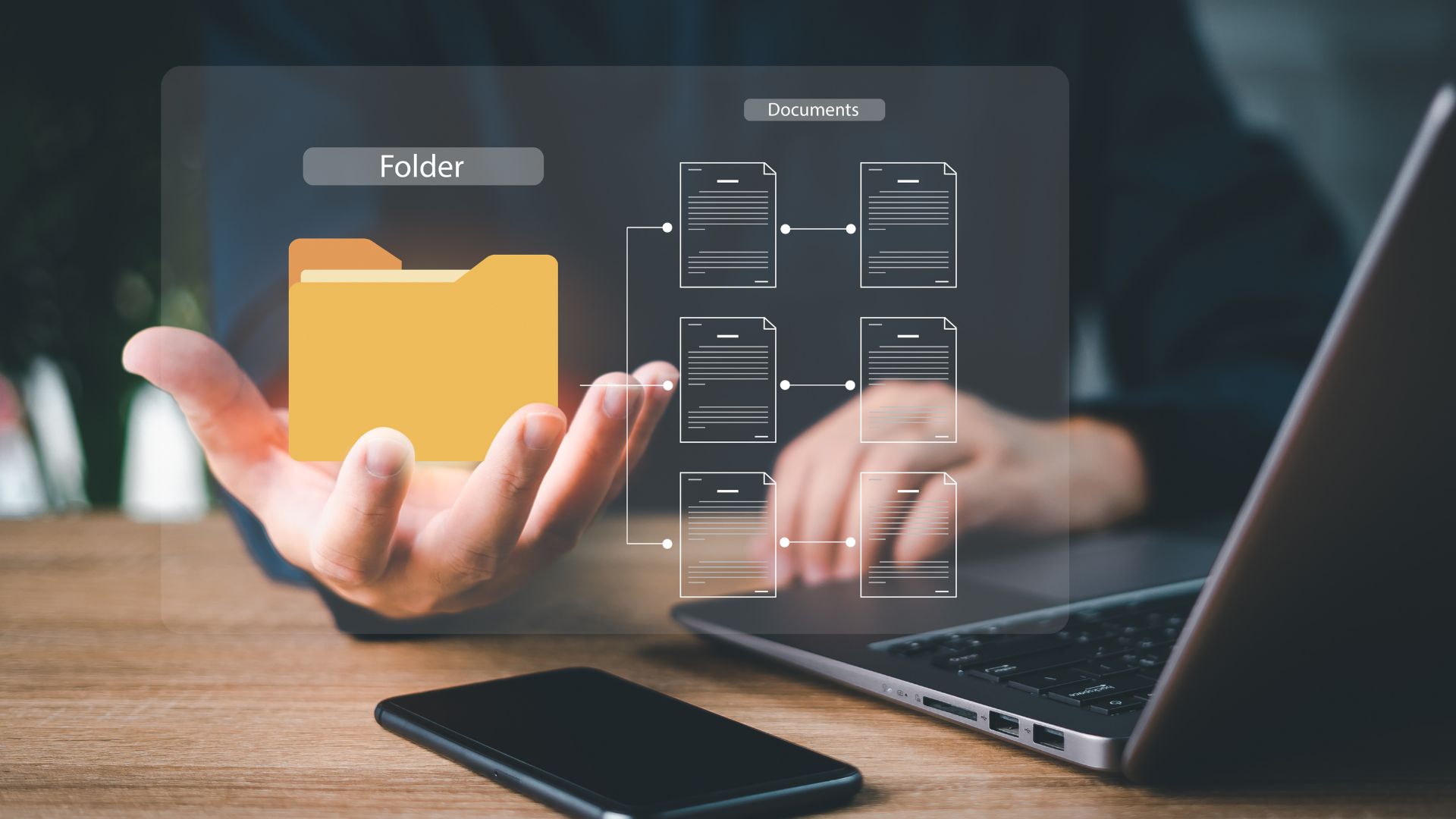
Danielle Tan
Chief Operating Officer
Simplify ISO compliance, automate audits, and boost team performance with expert QMS digitalization.

Quality Management Systems (QMS) play a crucial role in ensuring that organizations meet customer expectations, comply with regulatory requirements, and continuously improve their operations. With the increasing demand for efficiency and real-time data, digitalizing QMS has become a strategic move for organizations seeking ISO certification and long-term business success.
By embracing digitalization, companies can transform the traditional paper-based or manual QMS into an integrated, cloud-based solution that streamlines processes, enhances compliance, and fosters a culture of continuous improvement.

The Need for Digitalizing Your QMS
Traditional QMS often involve excessive paperwork, manual tracking, and fragmented systems that can lead to inefficiencies, errors, and compliance risks. In today’s fast-paced business environment, these challenges can hinder an organization’s ability to achieve ISO certification and sustain quality excellence.
Digitalization offers a solution by automating key QMS processes, improving data accuracy, and providing real-time visibility into quality performance. This transformation not only enhances ISO implementation but also empowers employees by reducing administrative burdens and fostering a culture of efficiency and engagement.

How Digitalizing QMS Enhances ISO Implementation
- Streamlined Document Control and Compliance
ISO standards, such as ISO 9001 for quality management, require strict documentation, version control, and accessibility. A digital QMS centralizes all documents, making it easy to track updates, access the latest versions, and ensure compliance with ISO requirements. Automated workflows help in managing approvals, reducing human errors, and preventing outdated documents from being used.
- Automated Audit and Non-Conformance Management
A key challenge in ISO implementation is managing audits and addressing non-conformances efficiently. Digital QMS solutions automate audit scheduling, track corrective actions, and generate reports in real time. This ensures faster resolution of quality issues, strengthens compliance, and enhances overall process efficiency.
- Real-Time Performance Monitoring
Traditional QMS rely on periodic manual reports, which can delay decision-making. Digital QMS platforms offer dashboards with real-time analytics and key performance indicators (KPIs), allowing quality managers to monitor performance, detect trends, and implement proactive improvements.
- Efficient Training and Competency Management
ISO standards emphasize employee training and competency. A digital QMS provides an integrated training management system that tracks training sessions, assessments, and certifications. This ensures employees stay updated on quality policies and regulatory changes, reducing compliance risks.
- Improved Risk Management and Data Security
Digital QMS platforms incorporate risk assessment tools that help identify potential quality risks and ensure timely mitigation. Cloud-based solutions also provide enhanced data security, ensuring that sensitive quality records are protected and accessible only to authorized personnel.

Boosting Staff Morale Through Digital QMS
- Reduced Administrative Burden
Employees often feel overwhelmed by excessive paperwork and manual data entry. A digital QMS eliminates these inefficiencies by automating repetitive tasks, allowing staff to focus on value-added activities, leading to increased job satisfaction.
- Enhanced Collaboration and Communication
A digital QMS connects teams across departments and locations, enabling seamless communication and collaboration. Employees can share updates, report issues, and access critical documents in real time, fostering a more engaged and motivated workforce.
- Recognition and Continuous Improvement
Digital QMS platforms allow organizations to track employee contributions to quality improvements. Recognizing and rewarding employees for their efforts in maintaining quality standards boosts morale and encourages a culture of continuous improvement.
- Better Work-Life Balance
By streamlining workflows and automating tasks, digital QMS reduces overtime and stress levels, contributing to a healthier work-life balance. Employees can focus on strategic initiatives rather than mundane administrative tasks.
- Career Growth and Learning Opportunities
With integrated training and competency tracking, employees can continuously enhance their skills and stay up to date with ISO requirements. This promotes career development and job satisfaction, leading to higher retention rates.
Conclusion
Digitalizing your QMS is no longer a luxury but a necessity for organizations aiming for ISO certification and sustainable growth. The transition from manual processes to a digital QMS not only enhances compliance and efficiency but also creates a positive work environment that boosts staff morale.
By investing in a robust digital QMS, organizations can streamline operations, improve risk management, and empower employees to contribute more effectively to quality initiatives. The result is a more agile, compliant, and motivated workforce that drives continuous improvement and long-term business success.
Transform Your Food Safety Strategy Now!
Struggling with risk assessments or team training? Don’t wait—partner with us for expert guidance and tailored solutions. Elevate your compliance, seize opportunities, and secure long-term success. Contact us today to take the first step!


